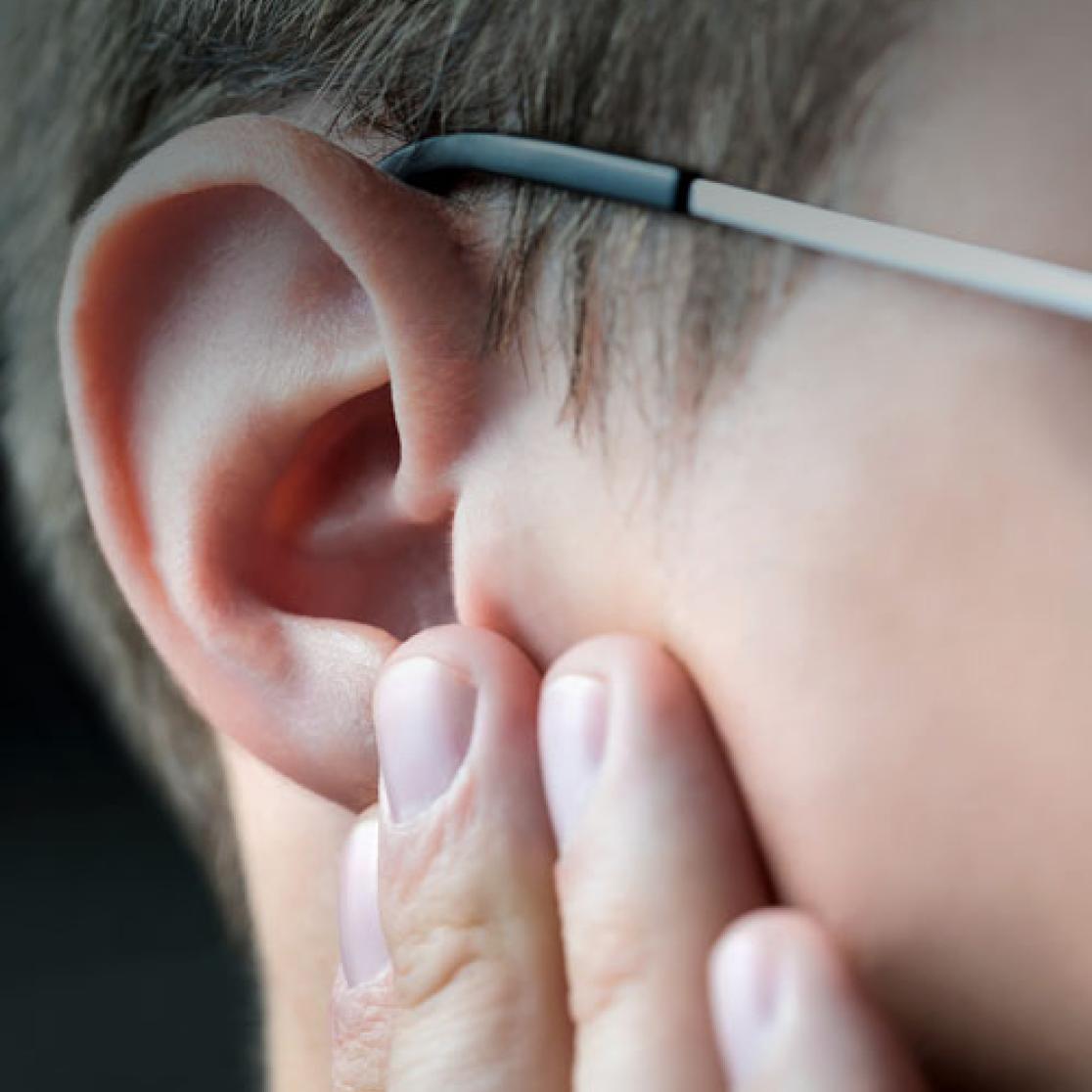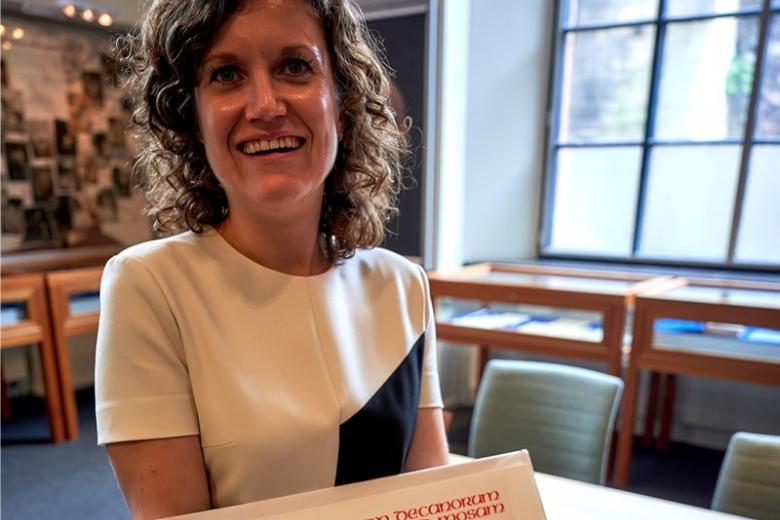Tackling tinnitus with behavioural therapy
In the new European treatment guidelines for tinnitus, a therapy developed at Maastricht University (UM) has been designated as the only recommended treatment. It is a form of cognitive behavioural therapy that is currently offered solely by health care centres in Hoensbroek and Eindhoven. Patients with severe tinnitus symptoms are shown to benefit from this approach so much that it has now been decided in a European context to strongly recommend this behavioural therapy. Moreover, as of this year the therapy falls within the basic care package for Dutch health insurance.
Sound perception
Tinnitus is widely known as ringing in the ears. But patients do not always hear ringing; the perceived sound varies from a constant rolling of the sea to flying fighter jets. In the medical world, a satisfactory treatment for tinnitus has been sought after for years. “In the past, starting points were looked for in the nature or volume of the perceived sound, the administration of counter sounds or the personality of the patient”, says UM researcher Dr Rilana Cima, who developed the cognitive behavioural therapy in collaboration with clinical experts from Adelante Audiology & Communication, MUMC+ and Prof. Johan Vlaeyen. “But none of those perspectives appeared to have any effect on or to have any relationship with tinnitus symptoms.” Currently, the standard treatment of tinnitus primarily consists of masking sounds, but according to Cima this is only symptom control.
Getting used to it
One in five people can experience a form of tinnitus, but in most cases the brain gets used to it and the person does not notice the ringing in the ears at all. This is similar to people who live on a busy road and no longer notice the background noise after a while. However, if this mechanism does not work properly, the ringing in the ears sometimes results in severe tinnitus symptoms. “You can best compare these symptoms of phantom sounds with chronic pain symptoms”, says Rilana Cima. “A medical cause can’t be found, so in terms of treatment it’s better to focus on the daily functioning of people who have these complaints. Just as with arachnophobia, or fear of spiders, tinnitus also has a strong fear or anxiety response. We actually train people to conquer that fear.”
Exposure therapy
The treatment developed in Maastricht and Hoensbroek consists of cognitive behavioural therapy, which combines psychological components and elements from audiology. The therapy is aimed at reducing negative fear responses with regard to tinnitus symptoms, for example through exposure therapy. Currently, the treatment is only offered at specialised centres in Hoensbroek and Eindhoven. As of January 2019, this therapy falls within the basic health insurance package in the Netherlands, because the treatment has been labelled by the Dutch National Health Care Institute as ‘comprehensive care’ for insurers. And in the European context it is now also designated as a ‘strongly recommended treatment’.

Also read
-
PhD research shows impact of aggression on staff and patients in forensic care
Nienke Verstegen, researcher at De Forensische Zorgspecialisten, has conducted research on aggression within forensic care and its impact on patients and staff. On July 6, 2023, she will receive her PhD from Maastricht University with her dissertation 'Hurt people hurt people. Characteristics and...

-
Procrastination is the thief of time
In his PhD research, Kristof Vandael investigated how this generalization of pain-related avoidance can be inhibited in the lab to help optimize therapy for chronic pain or even prevent the development of chronic pain.

-
Gone with the wind
Astrid Meesters received her doctorate on Sept. 28 with her PhD research on flexibility and mindfulness as resilience factors for pain and recovery.
